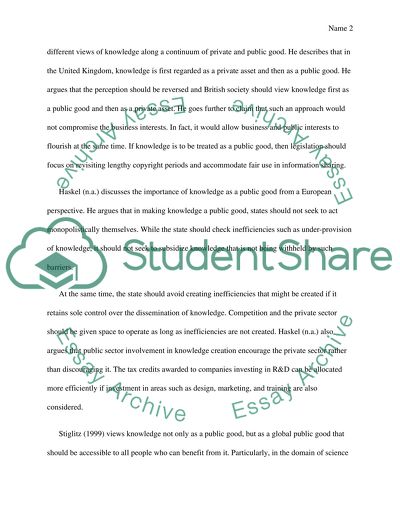Cite this document
(“Knowledge is an example of a public good. Analyse this statement, Essay”, n.d.)
Knowledge is an example of a public good. Analyse this statement, Essay. Retrieved from https://studentshare.org/journalism-communication/1488882-knowledge-is-an-example-of-a-public-good-analyse
Knowledge is an example of a public good. Analyse this statement, Essay. Retrieved from https://studentshare.org/journalism-communication/1488882-knowledge-is-an-example-of-a-public-good-analyse
(Knowledge Is an Example of a Public Good. Analyse This Statement, Essay)
Knowledge Is an Example of a Public Good. Analyse This Statement, Essay. https://studentshare.org/journalism-communication/1488882-knowledge-is-an-example-of-a-public-good-analyse.
Knowledge Is an Example of a Public Good. Analyse This Statement, Essay. https://studentshare.org/journalism-communication/1488882-knowledge-is-an-example-of-a-public-good-analyse.
“Knowledge Is an Example of a Public Good. Analyse This Statement, Essay”, n.d. https://studentshare.org/journalism-communication/1488882-knowledge-is-an-example-of-a-public-good-analyse.


